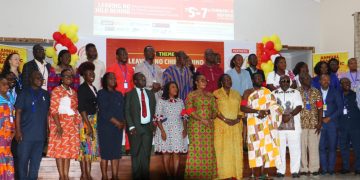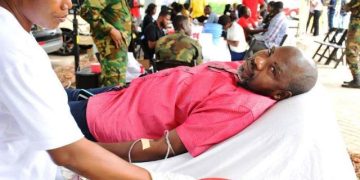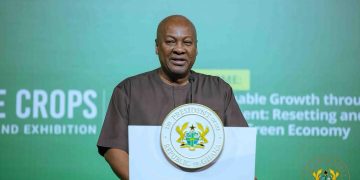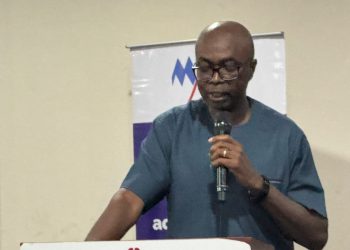The United Nations Population Fund (UNFPA) has issued a stark warning about the growing global shortage of contraceptives, cautioning that the crisis could undermine decades of progress in women’s health, particularly in countries like Ghana.
The alert comes as global leaders, policymakers, and advocates gather in Bogotá, Colombia, for the seventh International Conference on Family Planning (ICFP 2025), which runs from November 1–6 under the theme “Equity Through Action.”
Global Alarm Over Shrinking Supplies
UNFPA Executive Director Dr. Diene Keita said contraceptives—recognized as essential medicines for nearly five decades—remain vital to saving lives, preventing unintended pregnancies, and empowering women and girls.
However, she warned that funding shortfalls and supply chain disruptions are threatening access worldwide.
“Contraceptives save lives. People want them, use them, and rely on them every day,” Dr. Keita said. “Let’s work together to keep our promise to women and adolescent girls, uphold their rights and choices, and ensure they have access to the contraceptives they need to plan and forge a healthy and prosperous future.”
UNFPA noted that contraceptive access is directly linked to improved maternal and child health, educational attainment, and economic stability.
The agency estimates that every dollar invested in family planning yields nearly $27 in broader social and economic benefits.
But with global aid cuts and geopolitical instability disrupting supply chains, millions of women could lose access to family planning services.
Health systems are already bracing for potential surges in unintended pregnancies, unsafe abortions, and maternal deaths.
Ghana’s Gains at Risk
Ghana has made significant progress in family planning over the past decade, with its modern contraceptive prevalence rate (mCPR) among women aged 15–49 rising to about 27 percent.
This improvement stems from government initiatives such as the Costed Implementation Plan and integration of family planning into the National Health Insurance Scheme (NHIS).
However, experts warn that these gains are fragile. Three in 10 Ghanaian women still face unmet needs for modern contraceptives, and disparities remain stark between urban and rural areas—particularly in northern Ghana, where access is limited by cultural and infrastructural barriers.
Funding cuts are compounding the challenge. Until recently, USAID supplied about 45 percent of Ghana’s contraceptive stock, but a stop-work order has created a major gap.
Currently, UNFPA supplies 40 percent, the West African Health Organization (WAHO) 5 percent, and the Ghanaian government just 10 percent, leaving the country vulnerable to shortages.
The Human Cost
The impact of limited access is already evident. Unintended pregnancies account for 37 percent of all pregnancies in Ghana, with 23 percent mistimed and 14 percent unwanted.
Among adolescents aged 15–19, more than half of births are unintended, contributing to unsafe abortions that account for 12–30 percent of maternal deaths—the country’s third-leading cause of maternal mortality.
Ghana’s maternal mortality ratio remains high at 310 deaths per 100,000 live births, with adolescent mothers facing 1.8 times greater risk when not using modern contraceptives.
A Call for Sustainable Action
Health officials and advocates say Ghana’s experience underscores the urgency of sustainable domestic investment in family planning.
During the recent National Family Planning Week, Ghana Health Service (GHS) Director-General Dr. Samuel Kaba Akoriyea called for increased local financing and integration of reproductive health into universal health coverage.
UNFPA Ghana has also pushed for a dedicated budget line for essential commodities and expanded comprehensive sexuality education to empower young people.
Partnerships with organizations such as Marie Stopes International and the Planned Parenthood Association of Ghana have helped widen access, yet unmet needs remain high—35 percent among married women and 20 percent among unmarried women.
At ICFP 2025, Ghanaian delegates are expected to share these experiences while calling for stronger global solidarity to secure funding and supply chains.
Beyond Policy: A Promise to Women and Girls
For women and girls across Ghana—from bustling Accra markets to rural northern communities—consistent access to contraceptives is more than a health issue; it is a pathway to dignity, education, and opportunity.
As Dr. Keita emphasized, ensuring that access is sustained is not optional—it is a matter of justice.
Source :www.kumasimail.com

































































